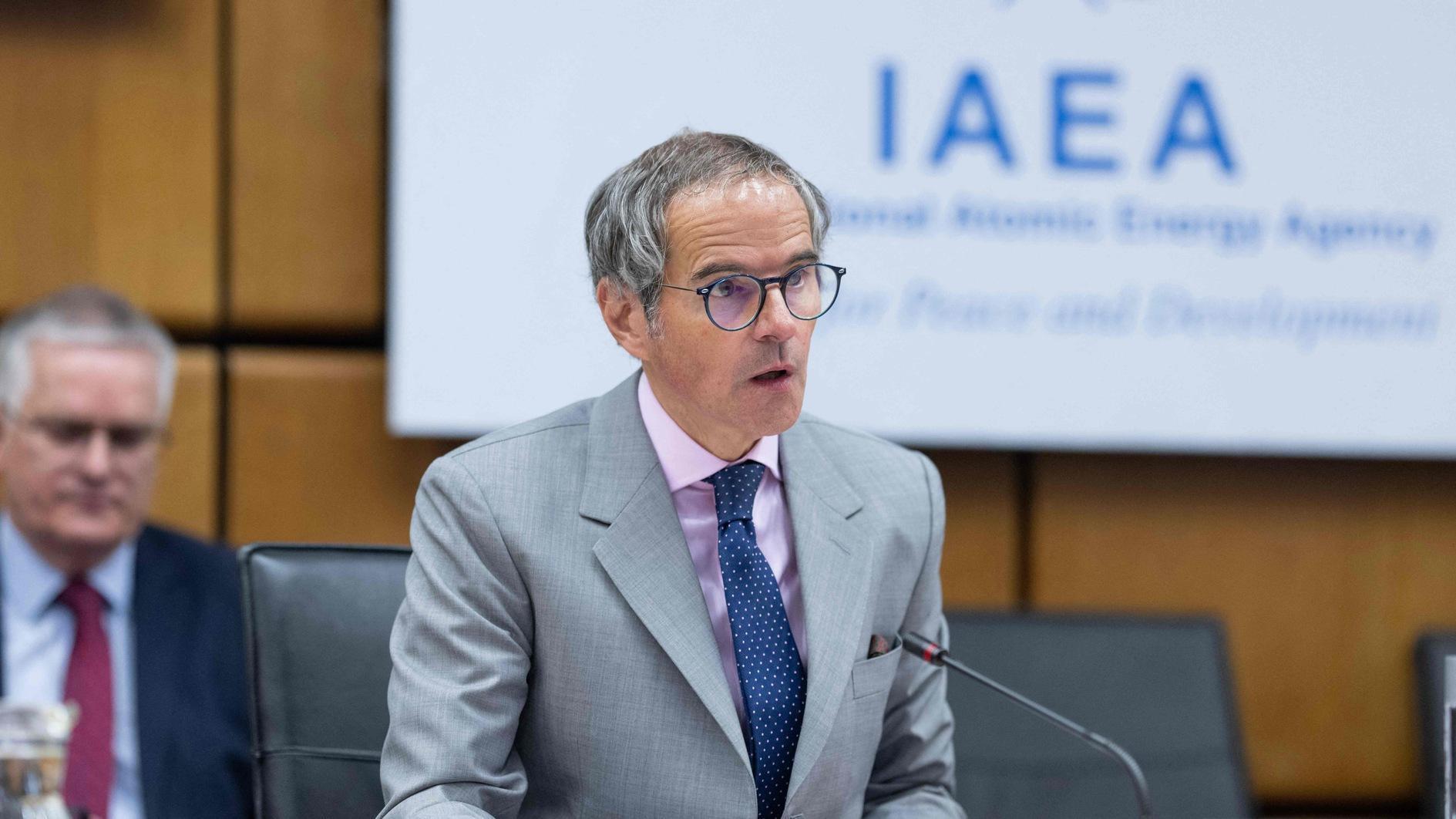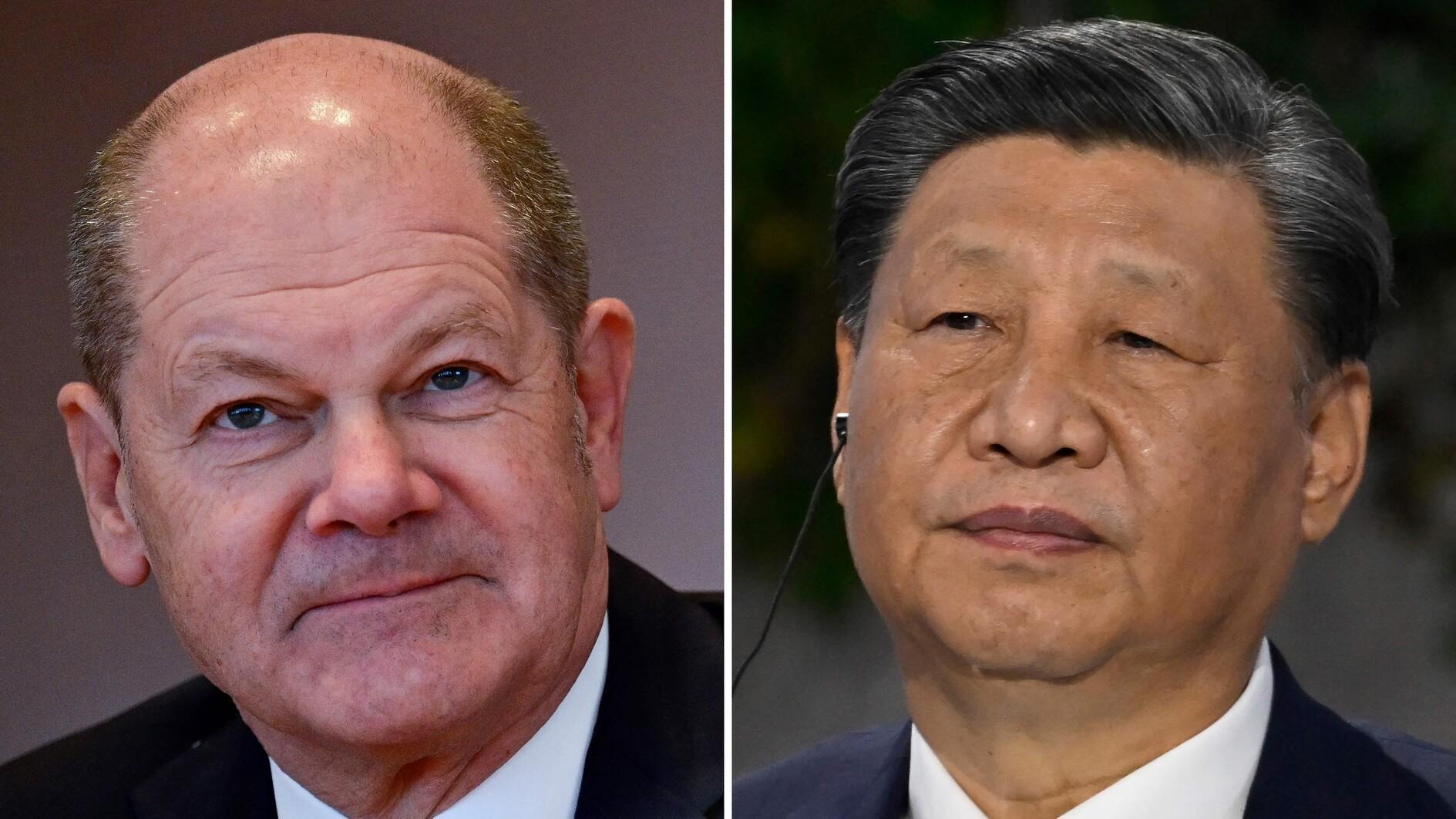Al-Qaeda in Syria, but weren’t they Ikhwan?
A critical foreign ministers’ meeting for the “Friends of the Syrian People” group is taking place in Istanbul on April 20. It is critical because the civil war in Syria is coming to a critical stage.
Syrian President Bashar al-Assad has been using his jets and Scud missiles against his own people in highly populated cities, including his capital, Damascus, according to international agency reports. Turkish Foreign Minister Ahmet Davutoğlu said in a live TV show on April 18 that al-Assad forces had fired more than 200 Scud missiles in his own country, which he said should be considered a crime against humanity. The U.N. estimates some 70,000 people were killed in the two-year war, which has affected the lives of more than 6 million people.
The Baathist regime is fragile but so is the opposition. Russia continues to support the current regime, like Iran but with different motivations. Tehran sees a non-Sunni ally in al-Assad’s power, whereas for Moscow it is an oasis in the Middle East against American influence; an oasis which provides Russia the only naval base in the region. Russian Foreign Minister Sergey Lavrov, who met with Davutoğlu in Istanbul on April 16, insisted that a solution which does not exclude al-Assad could be found. Turkey, having a 910-km border and a joint Kurdish problem with Syria thinks al-Assad should go, also supported by France and Qatar with nuances, who think al-Assad must go. But Ankara knows that without the U.S. putting its weight in, Russia enjoys its opposing power, with a broadening front; Israel for example would prefer al-Assad to stay rather than a Sunni Islamic regime taking power in Syria.
And the fear is not about any Sunni Islamic power in Damascus, which would have control over al-Assad’s missiles and chemical and biological arsenal.
It is al-Qaeda. Its name in Syria is different. It is “Jabhat an-Nusrah li-Ahl ash-Shaam,” or “Support Front for the People of Greater Syria,” or simply al-Nusra. The group declared itself on January 23, 2012, during the Syrian civil war. This fact endorses the Turkish position that it is not because of al-Nusra that al-Assad has started bombing his own people, but al-Nusra is one of the byproducts of the civil war in Syria. Its leader, Abu Mohammad al-Golani, recently said they were linked to al-Qaeda and when al-Qaeda in Iraq claimed that they had been working together, al-Golani snubbed them by saying that they were taking orders directly from Atman al-Zawahiri, al-Qaeda’s current leader. Gen. Salim İdris, the leader of the Free Syrian Army, immediately told the Hürriyet Daily News (April 19 edition) that they had no connection with al-Nusra; he fell short of saying “anymore” but said “now.”
Those in Turkey who would like to believe that not all of those mujahedeen fighting against evil al-Assad were devout members of the Muslim Brotherhood, or Ikhwan-i Muslimin, has to digest the fact that the most active ones in that lot were actually members of al-Qaeda. That naked truth might lead Turkey, Saudi Arabia and Qatar to take new positions. Nobody would like to see al-Qaeda taking power in an important country in the East Mediterranean, like a stepping stone to Europe.
The Istanbul meeting might produce a new formula for Syria. The statement of John Kerry, the U.S. Secretary of State, two days ago about the danger of “rival enclaves” in Syria, should not be ignored. It is possible that all the friends of the Syrian people could concentrate their efforts on eliminating al-Nusra as an alternative power to al-Assad and bargain with Russia on a new regime in Syria that will not exclude the Baath party but al-Assad himself.
In that sense, the French experience in Mali could be an example.
In order to eliminate al-Qaeda from being a power alternative in Mali and using the West Mediterranean as a stepping stone to Europe, France intervened its former colony, being backed by the U.S. and Britain; also among the Friends of the Syrian People.
If the Istanbul meeting produces a new formula considering the concerns coming from international terrorism and al-Qaeda, it may produce a result to end the civil war in Syria this time.











